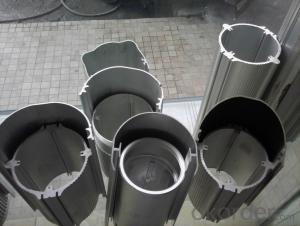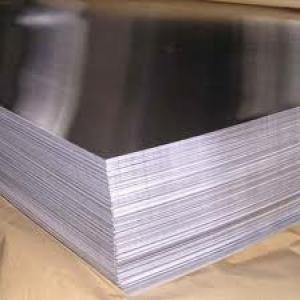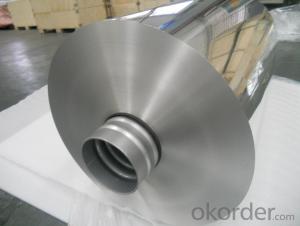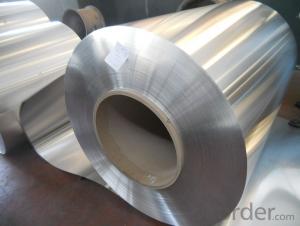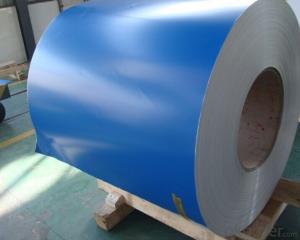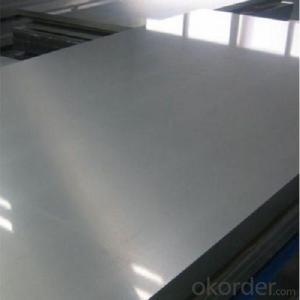Aluminium profile Industrial for Doors and Windows
- Loading Port:
- Shanghai
- Payment Terms:
- TT OR LC
- Min Order Qty:
- 20 m.t.
- Supply Capability:
- 2000 m.t./month
OKorder Service Pledge
OKorder Financial Service
You Might Also Like
1.Structure of Aluminium profile Industrial for Doors and Windows Description:
Anodizing (also spelled anodising, particularly in the UK and Australia) is an electrolytic passivation process used to increase the thickness of the natural oxide layer on the surface of metal parts. Anodized aluminium surfaces, for example, are harder than aluminium but have low to moderate wear resistance that can be improved with increasing thickness or by applying suitable sealing substances.
2.Main Features of the Aluminium profile Industrial for Doors and Windows:
High corrosion-resistance;
weather-resistance;
heat-resistance;
alkali-resistance and impact-resistance properties.
3.Aluminium profile Industrial for Doors and Windows Images:
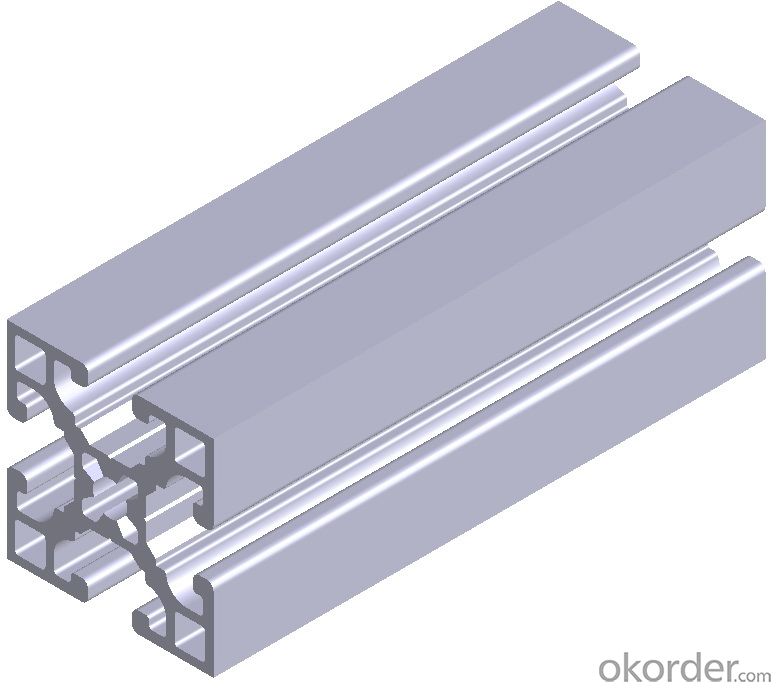
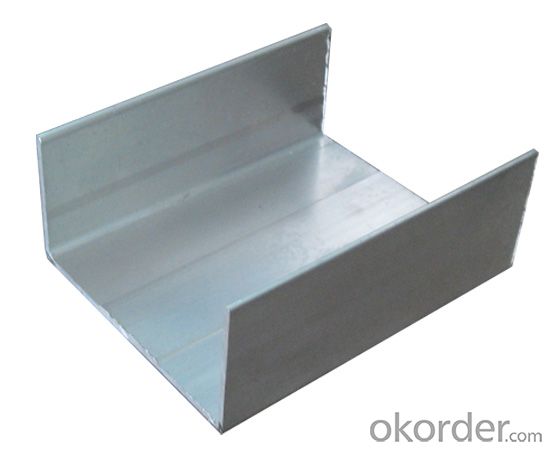
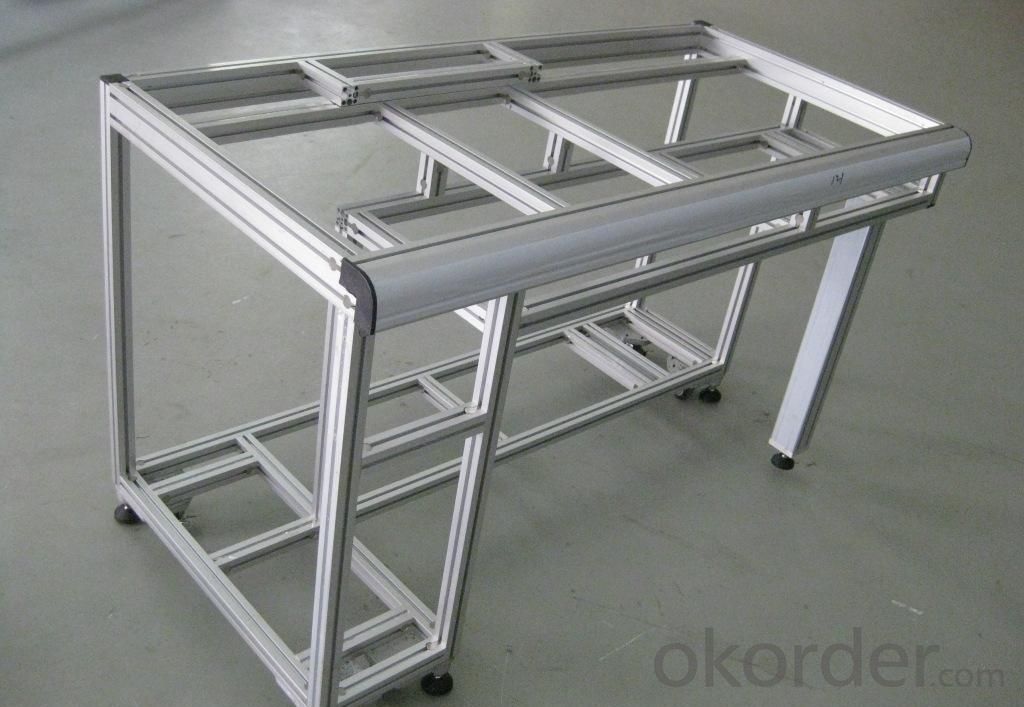
4.Aluminium profile Industrial for Doors and Windows Specification:
1. Material: 6063,6061,6060,6005,6005A,etc.
2. Temper: T5 or T6
3. Finish: Mill finish, anodizing, powder coating, electrophoresis, wooden transfer or pvdf/carbon-flouride coated, polishing, brushing, sand blasting
4. Various colors: Silver, bronze, black, gold, blue, grey, champagne, bright, etc.
5. Machining: Cutting, punching, drilling, tapping, milling, bending, welding, CNC etc.
5.FAQ:
①How about your company?
A world class manufacturer & supplier of castings forging in carbon steel and alloy steel,is one of the large-scale professional investment casting production bases in China, consisting of both casting foundry forging and machining factory. Annually more than 8000 tons Precision casting and forging parts are exported to markets in Europe, America and Japan. OEM casting and forging service available according to customer’s requirements.
②How to guarantee the quality of the products?
We have established the international advanced quality management system,every link from raw material to final product we have strict quality test;We resolutely put an end to unqualified products flowing into the market. At the same time, we will provide necessary follow-up service assurance.
- Q:How does the reflective film stick to the aluminum plate?
- Put the plate clean, dry, reflective film a head from the aluminum back 2CM at the beginning attached to the aluminum plate, wrapping, pull to the front, back and side brush paper hanging tear reflective film side with the hanging brush to the aluminum paste, try to avoid bubbles.
- Q:Can the aluminum sheets be used for manufacturing chemical piping systems?
- Yes, aluminum sheets can be used for manufacturing chemical piping systems. Aluminum is known for its excellent corrosion resistance, which makes it suitable for handling various chemicals. It is also lightweight, making installation and maintenance easier. Additionally, aluminum has good thermal conductivity, allowing for efficient heat transfer in chemical processes. However, it is important to consider the specific requirements of the chemicals being transported and consult with experts to ensure that the aluminum sheets chosen have the necessary properties and are compatible with the chemicals to be used in the piping system.
- Q:Are 101 aluminum sheets suitable for heat exchangers?
- 101 aluminum sheets are not appropriate for heat exchangers. Heat exchangers necessitate materials that possess commendable thermal conductivity and corrosion resistance. Although aluminum is an adept heat conductor, the 101 aluminum alloy lacks the essential corrosion-resistant properties essential for heat exchangers. Heat exchangers often employ other aluminum alloys, such as 3003 or 5052, due to their superb thermal conductivity and corrosion resistance.
- Q:are there any carbonated mineral water that are produced in aluminium cans.
- Aluminium cans have an oxide covering on them so the reaction between them and the carbonated water is so little if any that it can't be noticed. Aluminium is also not so high on the reactivity series
- Q:Are the aluminum sheets suitable for manufacturing traffic signs?
- Yes, aluminum sheets are highly suitable for manufacturing traffic signs. Aluminum is a durable, lightweight, and corrosion-resistant material, making it ideal for outdoor applications. It can withstand harsh weather conditions and remains visible for a long time. Additionally, aluminum is easy to work with, allowing for easy customization and installation of traffic signs.
- Q:How do aluminum sheets perform in terms of water resistance?
- Aluminum sheets generally exhibit excellent water resistance due to their natural oxide layer, which forms a protective barrier against corrosion. This oxide layer prevents water from penetrating the surface, making aluminum sheets highly resistant to water damage and rusting.
- Q:How do you achieve a mirror-like finish on aluminum sheets?
- To achieve a mirror-like finish on aluminum sheets, a multi-step process is usually followed. First, the sheets are thoroughly cleaned and degreased to remove any dirt or oils. Then, they are sanded with progressively finer grits of sandpaper to smooth out any imperfections. Next, a polishing compound is applied and buffed onto the surface using a rotating wheel or by hand. This step is repeated with finer and finer compounds until the desired level of shine is achieved. Finally, a protective coating might be applied to maintain the mirror-like finish.
- Q:Are aluminum sheets corrosion-resistant?
- Aluminum sheets possess corrosion-resistant properties. The presence of a natural oxide layer on the surface of aluminum serves as a protective shield against corrosion. This oxide layer is exceptionally stable and effectively hinders further oxidation. Moreover, aluminum does not react with various corrosive substances like saltwater, acids, and alkalis. Nevertheless, there are certain situations or environments where aluminum remains susceptible to corrosion. For instance, in highly acidic or alkaline settings, aluminum may corrode more rapidly. Hence, it is crucial to carefully evaluate the application and environment to guarantee ideal corrosion resistance when utilizing aluminum sheets.
- Q:What will reflect light more- aluminum foil or white paper?
- Indestructible okorder /
- Q:how many protons,nuetrons, and electrons are in aluminum?
- Aluminum is from group 3 and there for has 3 electrons in its outer shell and desires 5 to fill it. it is going to react with any aspects from group 5 that desire aluminum's 3 electrons.
1. Manufacturer Overview |
|
|---|---|
| Location | |
| Year Established | |
| Annual Output Value | |
| Main Markets | |
| Company Certifications | |
2. Manufacturer Certificates |
|
|---|---|
| a) Certification Name | |
| Range | |
| Reference | |
| Validity Period | |
3. Manufacturer Capability |
|
|---|---|
| a)Trade Capacity | |
| Nearest Port | |
| Export Percentage | |
| No.of Employees in Trade Department | |
| Language Spoken: | |
| b)Factory Information | |
| Factory Size: | |
| No. of Production Lines | |
| Contract Manufacturing | |
| Product Price Range | |
Send your message to us
Aluminium profile Industrial for Doors and Windows
- Loading Port:
- Shanghai
- Payment Terms:
- TT OR LC
- Min Order Qty:
- 20 m.t.
- Supply Capability:
- 2000 m.t./month
OKorder Service Pledge
OKorder Financial Service
Similar products
New products
Hot products
Hot Searches
Related keywords
